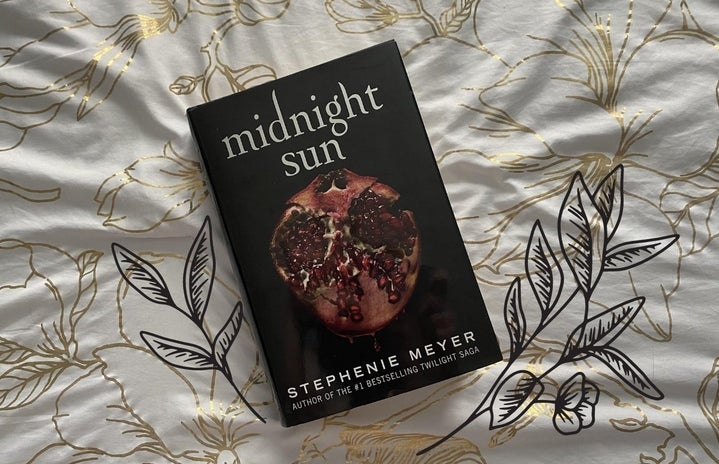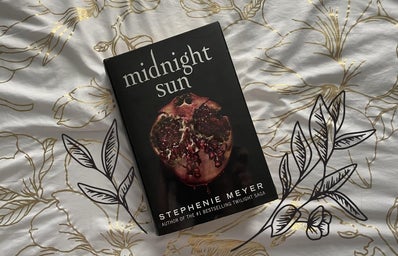During quarantine, I found myself desperately wanting to read something that gave me a break from thinking about any complex topics. I wanted entertainment: something familiar and easy to read. “Brain candy,” as my parents would call it. The Twilight series by Stephenie Meyer immediately popped into mind. Hardcovers in hand, I embarked on the journey of re-reading a series I’d left otherwise untouched since middle school.
I hope to be a professional author someday, and couldn’t help but notice some lessons about writing fantasy while burning my way through the four books. I found myself reflecting on Twilight’s success and what I could learn from this popular, yet often scorned, set of works. And while perhaps Twilight didn’t provide any grandiose revelations about love, life, and death, I still found important lessons within the story. (And isn’t that—finding meaning for yourself—what reading is all about?)
So, without further ado, here are three lessons about writing I found while reading the Twilight series:
- World-building takes time, so don’t rush it.
-
Meyer spends a looooong time introducing readers to her vampiric lore. The majority of the first book is character building and foreshadowing for the big, sparkly reveal. She doesn’t present the driving plot—escaping James—until the reader fully understands how vampires function within her world. It’s fun and light to read the beginning, but it also plays an essential introductory role. Similarly, it’s okay to take your time setting up the world in your stories, without info-dumping everything in the first chapter. Your characters are your babies, so give them a chance to shine before they get thrown into the action.
- The plot doesn’t need an immediate introduction; take your time creating an enticing world with smaller subplots.
-
As a writer, I wholly understand the urge to get kickstarted on the big inciting event that drives your story. Twilight reminded me to take my time, and lead up to the inciting event with smaller, introductory sub-plots: Jessica being jealous of the attention Mike gives Bella, Bella flirting with Edward in the cafeteria… These moments make the story seem more real. If Meyer hadn’t taken her time before dropping the vampire-bomb, readers wouldn’t care to understand Bella’s changing social dynamic with her high school friends.
- The story is more important than the words.
-
The writing in the Twilight series isn’t always stellar, heart-wrenching prose. But it is easy to follow, enjoyable to read, and clear as to what’s happening. Writing doesn’t have to be complex to be objectively good! Just get your words on the paper, tell your story, and go from there. Especially in the drafting phase of writing, it’s important to remember not to take yourself too seriously. Enjoy writing your story, and know that the fancy words can come later (if at all).
Allow your story to flow from brain to page naturally. Introduce your characters! Craft your world! Find the joy in taking something that lives only inside your head and bringing it into the outside world. This process is a beautiful, magical thing. Do your best to love what you craft in all stages: not because it’s perfect, but because it’s yours.
(And if you’re having writer’s block, pick up a copy of Twilight [or any other fun read] from a bookstore or library. Trust me, it works wonders.)



